
Ansu Fati Given Hope of Spain Return as Luis de la Fuente Keeps an Eye on Monaco’s Reborn Star
How Ansu Fati’s dazzling form at Monaco has reignited belief in a Spain comeback under Luis de la Fuente
For a long time, Ansu Fati was a name that made Barcelona fans sigh — not out of disappointment, but heartbreak. Here was a teenager once hailed as Lionel Messi’s heir, a prodigy who seemed destined to define the next decade of Spanish football. And yet, for years, all we saw were flashes — bright, fleeting, but never sustained. Injuries, surgeries, and the heavy weight of expectation dimmed a talent that once shone so effortlessly.
Now, on the French Riviera, the spark is back. Wearing the red and white of AS Monaco, Ansu Fati is playing like a man who’s been waiting years to breathe freely again. Six goals in five matches, two assists, and the unmistakable swagger of a player who knows exactly who he is.
And, crucially, Luis de la Fuente is watching.
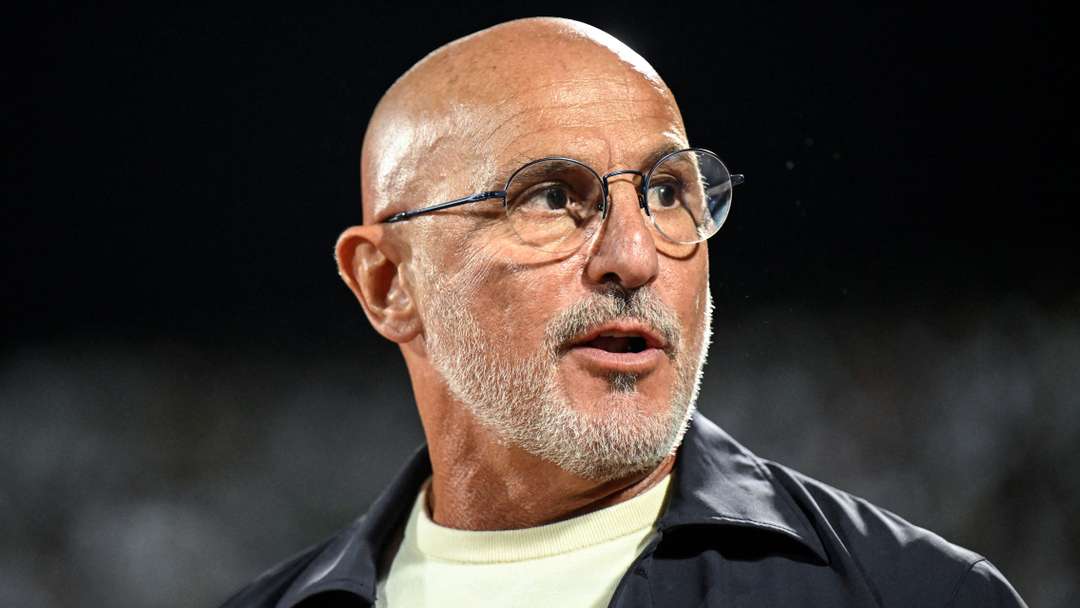
GettyImages-2233043809.webp
Luis de la Fuente confirms Ansu Fati is “on the radar” for Spain
When Spain’s national team coach Luis de la Fuente stepped up to the microphone ahead of the upcoming World Cup qualifiers, the question about Ansu Fati was inevitable. The journalist asked it softly, almost as if not to jinx it: “Is Fati being considered again?”
De la Fuente didn’t hesitate.
“Ansu Fati was on our team list before being called up,” the coach said. “We’re monitoring all the players who could be in the national team. He’s scored five or six goals, and we’ve assessed him. What I can’t confirm is that if there’s someone missing, he’ll be replaced. But of course, Ansu is on the list — and that’s interesting.”
It wasn’t a full confirmation, but it was something much more powerful: recognition. For the first time in almost two years, Ansu Fati’s name was being mentioned again among the potential La Roja call-ups — not as a nostalgic footnote, but as a genuine contender.
For Fati, that acknowledgment carries the weight of everything he’s fought through — the endless rehab sessions, the psychological battles, and the moments when his body wouldn’t obey his talent.
From frustration to freedom: Fati’s Monaco renaissance
When Monaco announced the signing of Ansu Fati on loan from Barcelona, it felt like a quiet gamble — a once-golden prospect in need of oxygen, joining a club known for nurturing players on the edge of rediscovery.
And then, suddenly, the goals came.
A brace against Nice. Two more against Toulouse. Another couple in the Europa League. But these weren’t just tap-ins or lucky deflections. They were goals full of composure — the kind of goals Fati used to score as a teenager at Camp Nou, when everything seemed effortless.
What stands out most isn’t the numbers — it’s the confidence. The way he demands the ball again. The way he drives at defenders. The way he celebrates, smiling like the weight of three years has finally lifted.
“At Monaco, I feel free again,” Fati told local reporters recently. “The coach trusts me, the team plays fast, and I can express myself. I just wanted to enjoy football again — and now I am.”
Monaco manager Adi Hütter deserves credit, too. He’s given Fati license to drift wide, attack the half-spaces, and link up with Takumi Minamino and Wissam Ben Yedder in a fluid, attacking front three. The results have been electric.
It’s no coincidence that Monaco currently sit near the top of Ligue 1, playing some of the most entertaining football in Europe.
Luis de la Fuente’s quiet rebuild — and why Fati fits again
When Luis de la Fuente took over as Spain coach after the World Cup, he inherited a nation that was both talented and traumatized. The tiki-taka identity still lingered, but there was a need for evolution — more verticality, more unpredictability, more bite in the final third.
Players like Nico Williams, Lamine Yamal, and Ferran Torres brought new energy, but Spain have still lacked something — that natural spark, that fearless one-on-one player who can unbalance a defense in an instant.
That’s why Ansu Fati’s resurgence is such good news for La Roja. He brings exactly what Spain have missed since the early days of Pedro and David Villa: directness with finesse.
“Fati’s recent form is great news for the national team,” De la Fuente said.
Behind that comment lies something more tactical. Spain’s attack has often looked predictable when facing compact defenses. Adding Fati — a winger who can cut inside, finish clinically, and combine instinctively — gives De la Fuente a wildcard.
If he can stay fit, Fati could be Spain’s missing puzzle piece ahead of the 2026 World Cup qualifiers and beyond.
The long road back: from surgery tables to headlines
It’s easy to forget just how young Ansu Fati still is. At 22, most players are still learning how to adapt to the top level. But Fati’s career has already contained enough drama for a decade.
He became Barcelona’s youngest-ever goalscorer at 17 years and 40 days. He was given the number 10 shirt after Messi’s departure — an honour and a curse all at once. Then came the injuries: four surgeries on the same knee, setbacks that would’ve broken most players mentally.
There were tears, doubts, and whispers that his explosiveness was gone forever. His loan to Brighton & Hove Albion in 2023–24 was supposed to be a fresh start, but it never quite clicked. Fati struggled for rhythm in the Premier League’s physical tempo, scoring just four goals in limited appearances.
But Monaco? Monaco has been different.
In a league that values technique as much as pace, he’s rediscovered both. The French press has been glowing in its praise. L’Équipe called him “un joueur libéré” — a liberated player.
And the statistics back it up: Fati became the fastest player in Ligue 1 history to reach five goals, doing it in just 126 minutes of football, breaking a record that had stood since 1948.
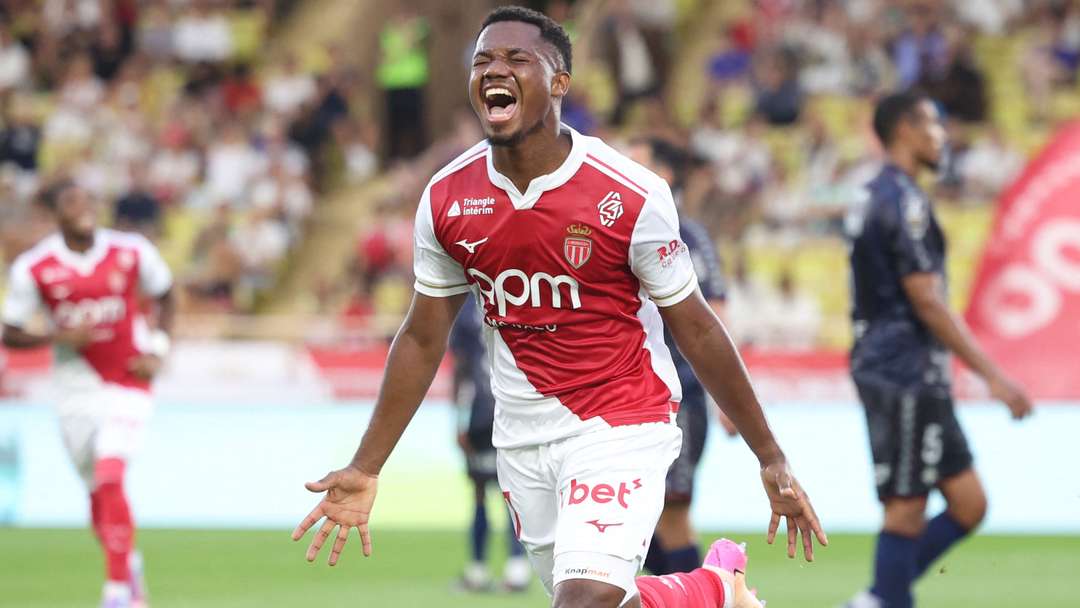
GettyImages-2236095049.webp
Barcelona’s hidden smile
While Fati shines in Monaco, it’s impossible to ignore the quiet satisfaction in Barcelona’s offices. They’ve watched a homegrown talent rediscover his form — and value.
For a club battling constant financial constraints, a rejuvenated Ansu Fati is a win-win. If he returns to Camp Nou next summer, he brings pace, hunger, and newfound maturity. If he’s sold, his market price skyrockets.
Sources close to the club say that Barcelona sporting director Deco has been in regular contact with Fati’s representatives, monitoring both his fitness and mindset.
“Barcelona never stopped believing in Ansu,” a club insider reportedly said. “But he needed to find himself again. Maybe leaving was the best way to do that.”
A national dream rekindled
For Spain fans, though, the story isn’t about transfers or finances. It’s about seeing Ansu Fati wear the red shirt again — the one that once felt like destiny.
He’s already represented Spain 10 times, scoring two goals, but his last appearance came way back in 2022. To think of him lining up alongside Yamal, Gavi, and Rodri — all playing their best football — feels like the beginning of a golden new era.
If De la Fuente decides to call him up for the November fixtures, it won’t just be a tactical decision. It’ll be symbolic — a nod to resilience, patience, and belief.
Because if there’s one thing Fati has proved this season, it’s that talent might fade, confidence might waver, but true class never disappears.
The comeback is real — and it’s only beginning
From the stands of the Stade Louis II, you can already hear it — the quiet murmur before a player becomes unstoppable again.
Every touch, every run, every goal Ansu Fati scores feels like a piece of his story being rewritten. The narrative is no longer about what was lost, but about what’s being rediscovered.
It’s not hyperbole to say Spain — and maybe even Barcelona — are watching with renewed belief. Because Ansu Fati, once football’s lost boy, now looks ready to take his place among Europe’s brightest once again.
And if Luis de la Fuente makes that call soon, it will mark more than just a selection. It will mark the return of hope.


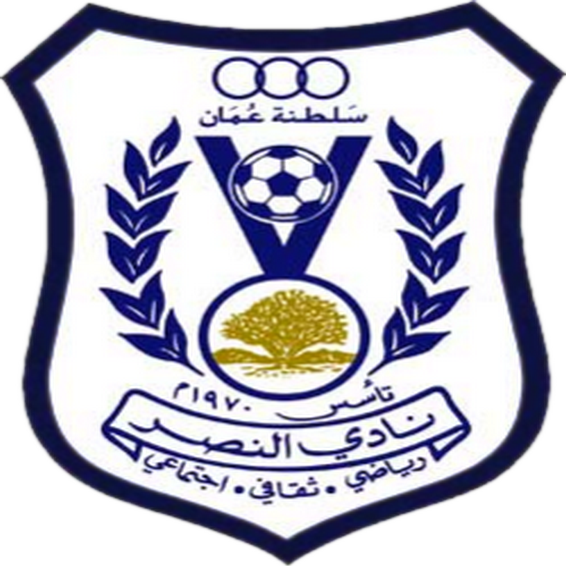


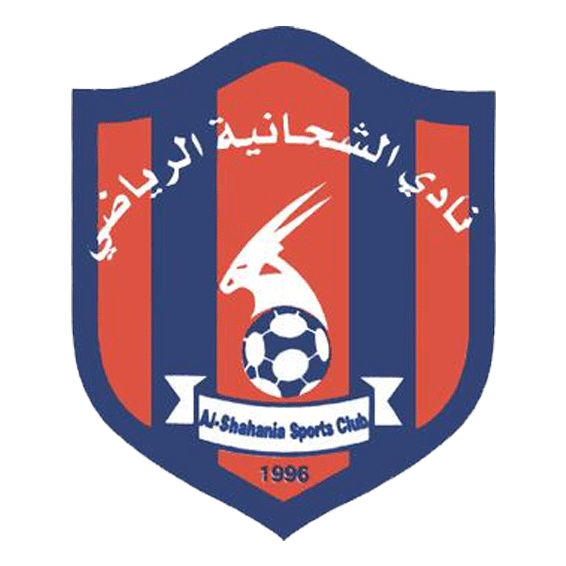



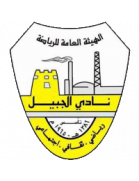

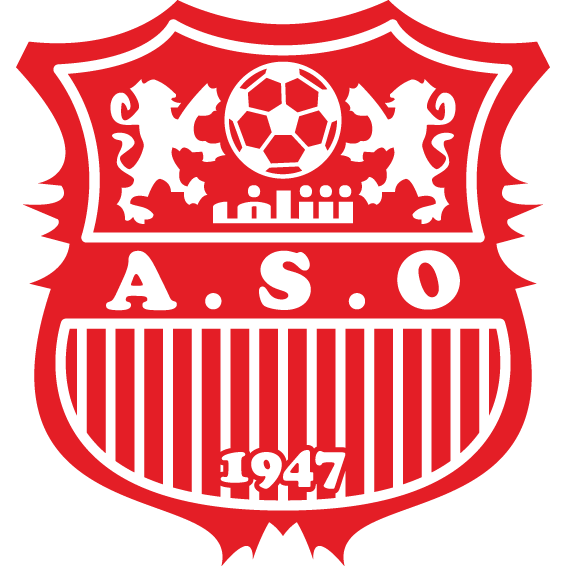



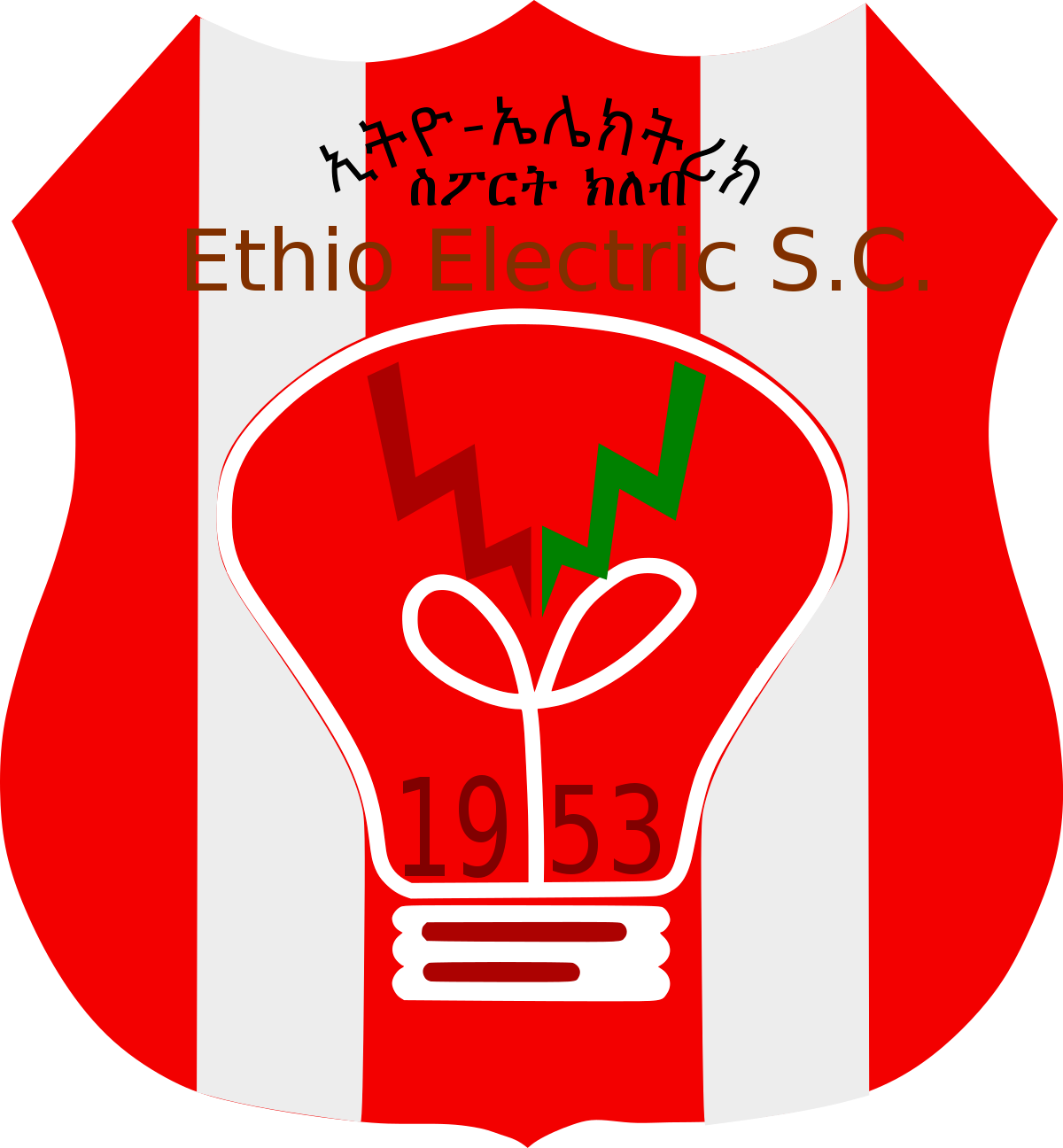
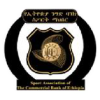
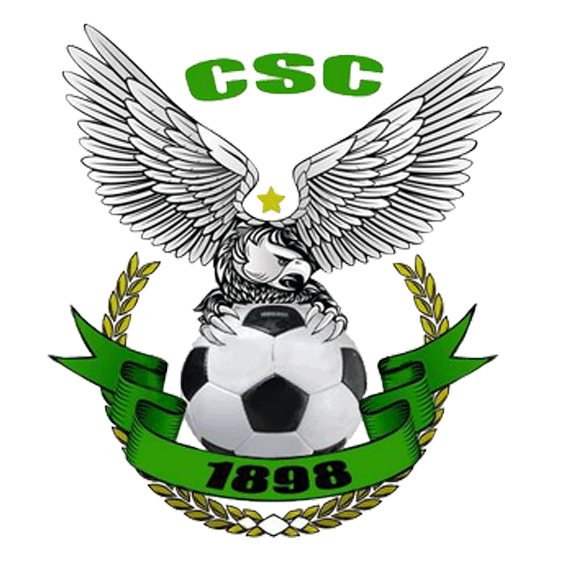
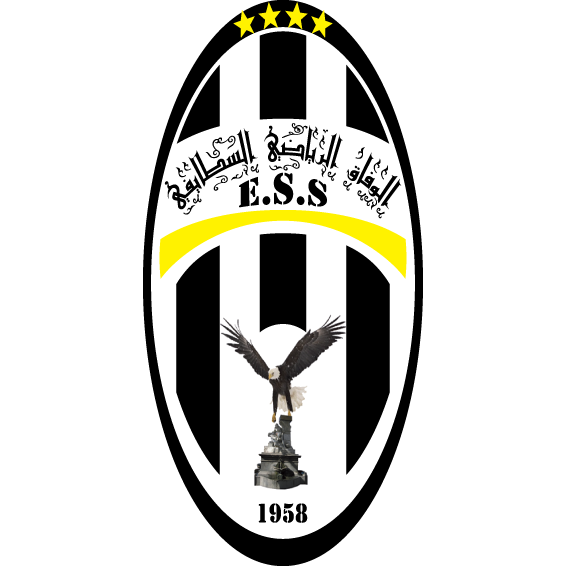







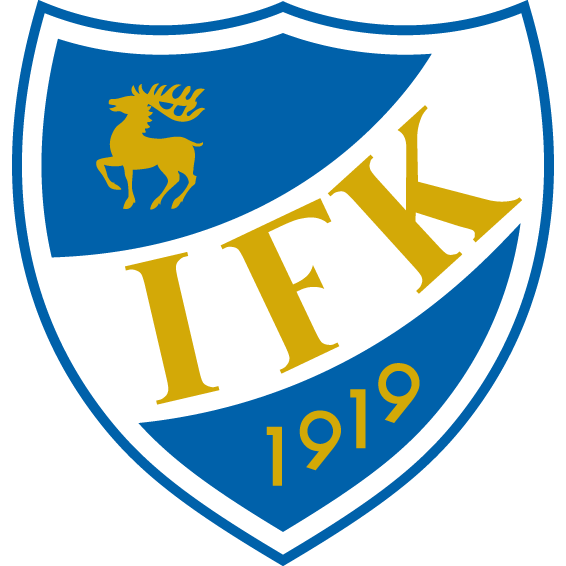






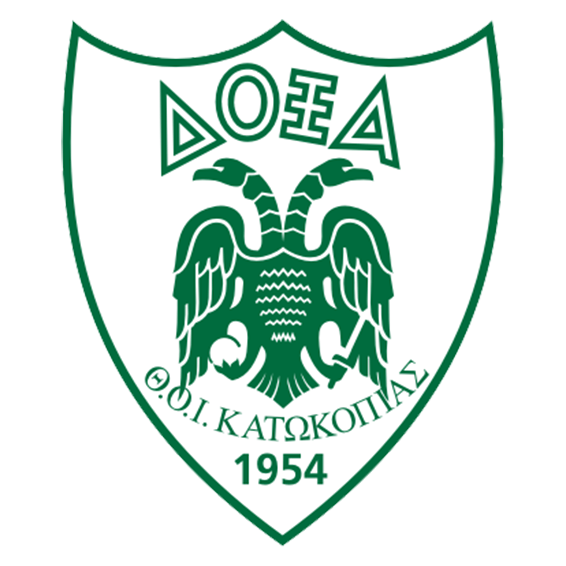
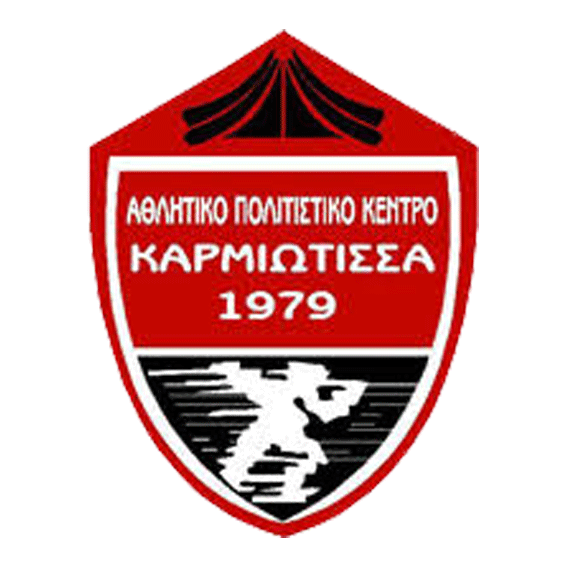
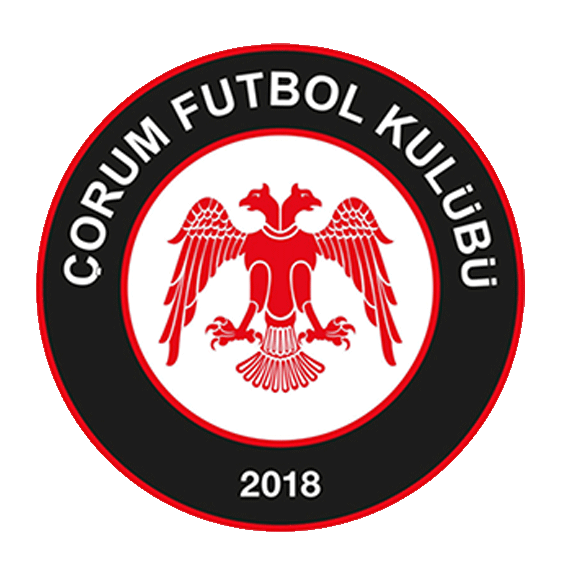


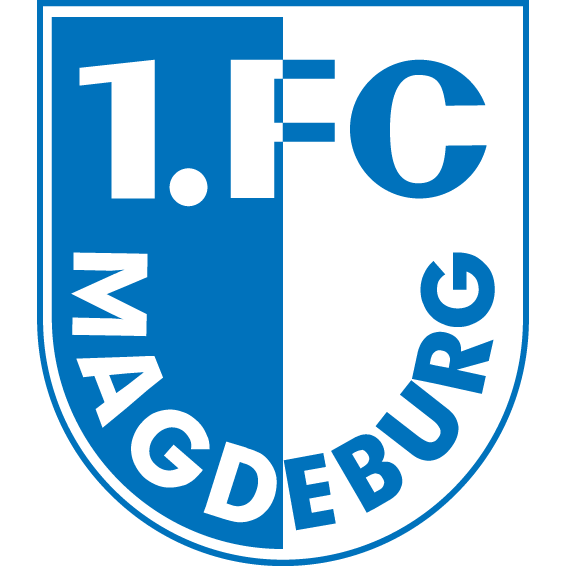



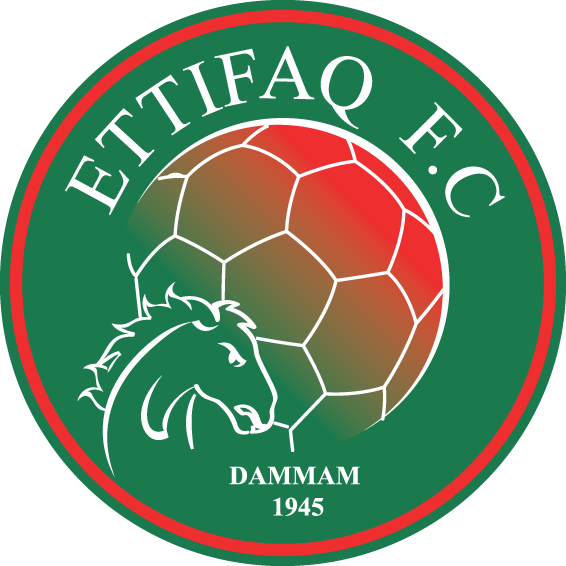

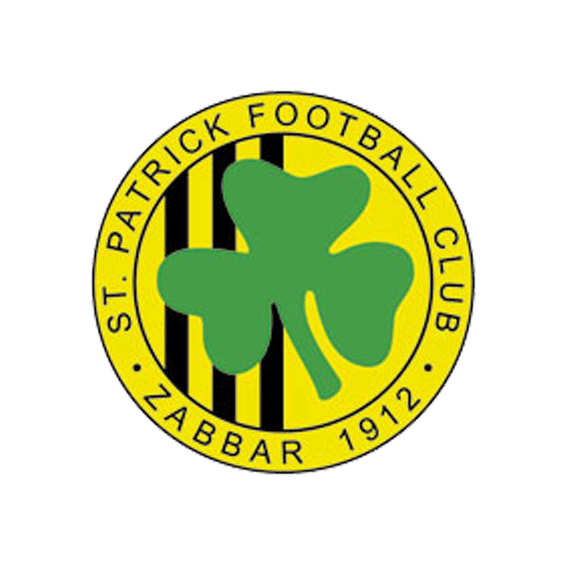
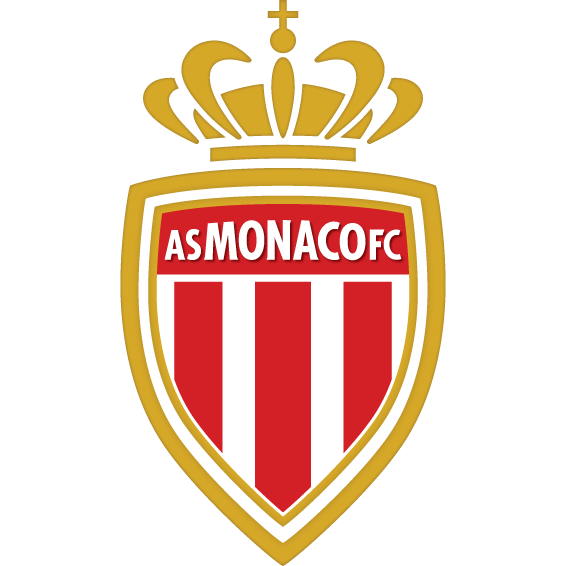
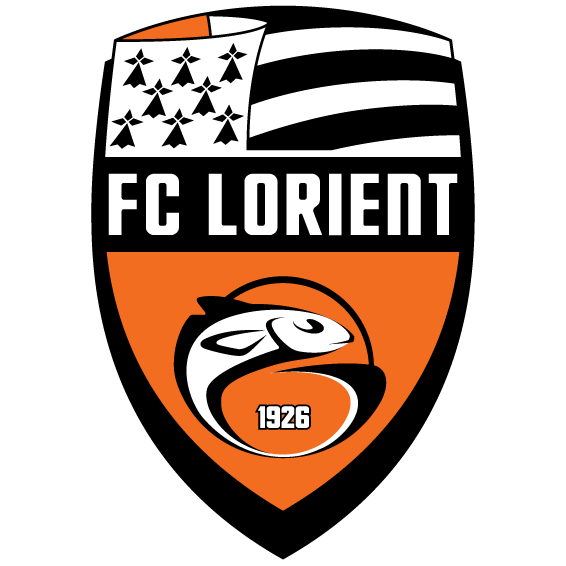



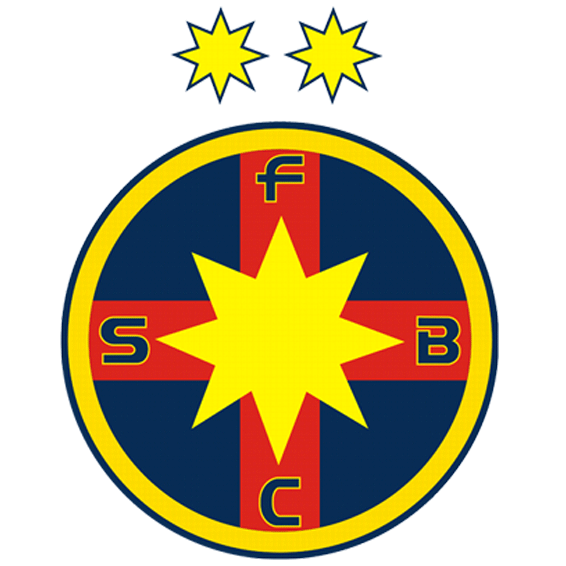

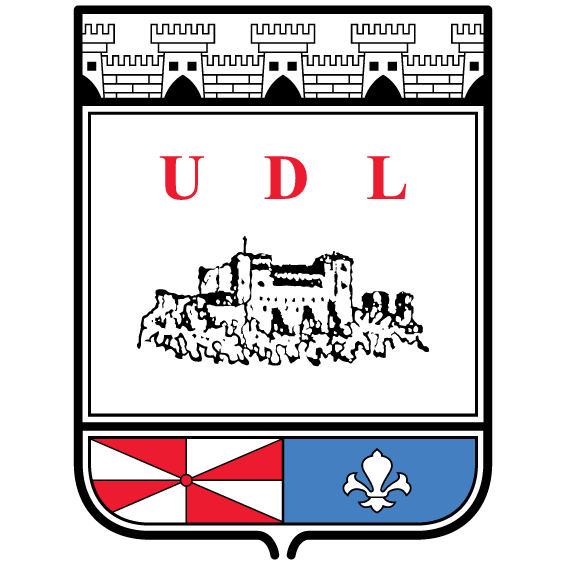
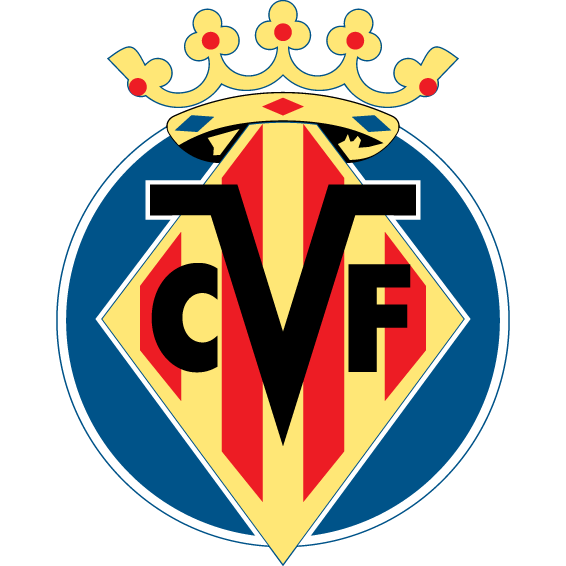
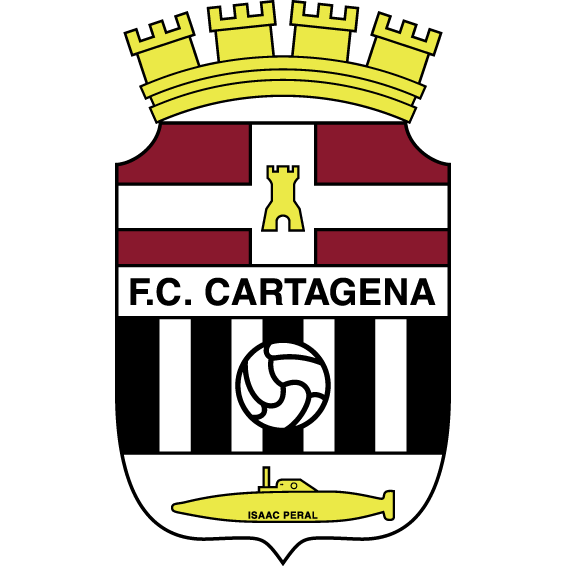

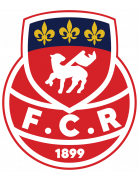
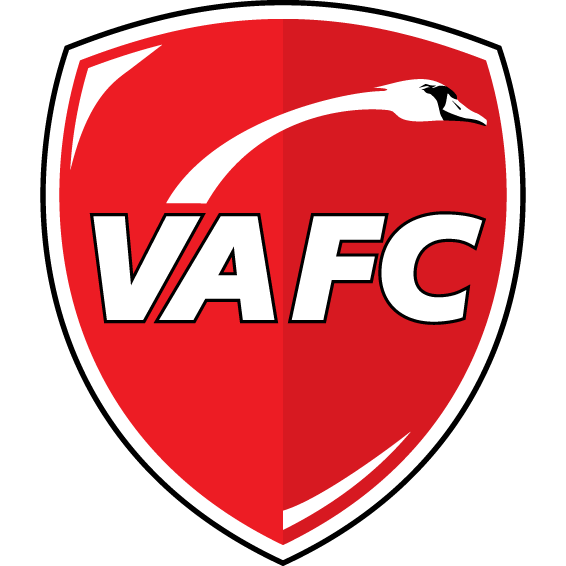
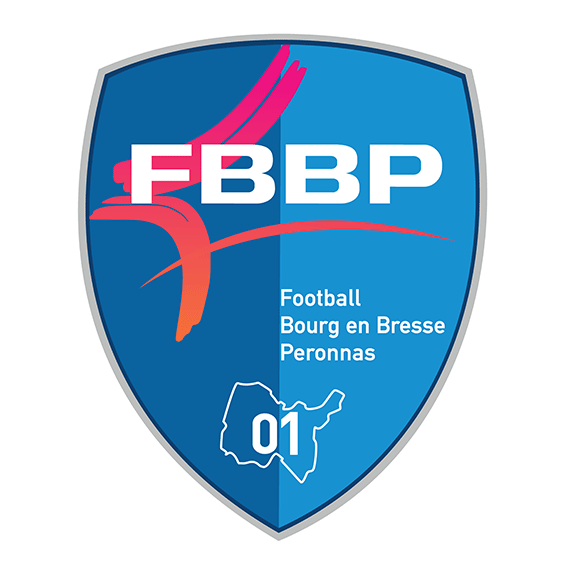
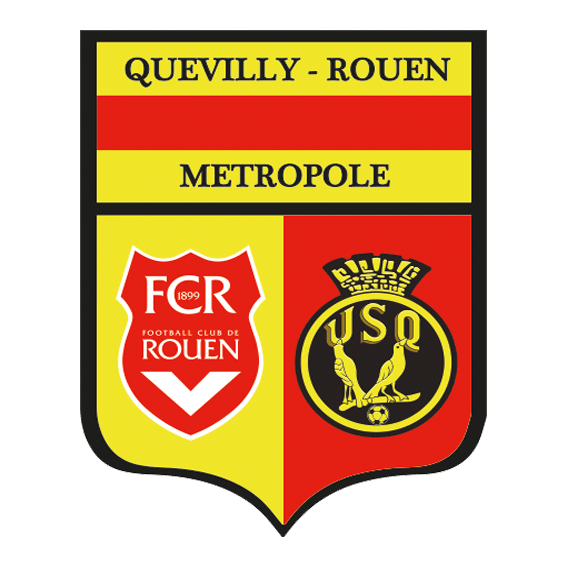
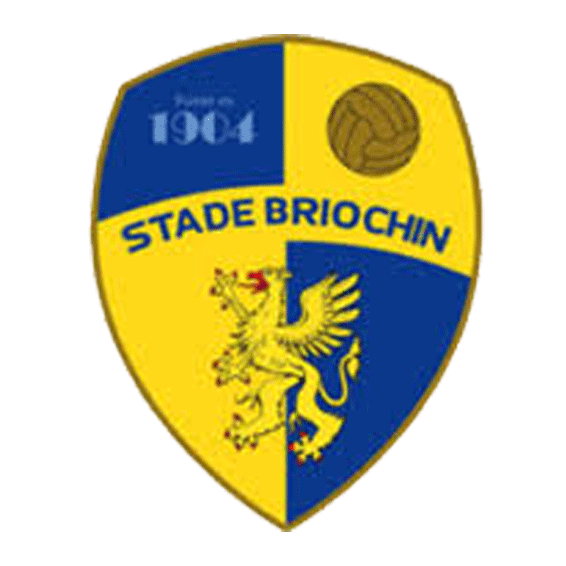
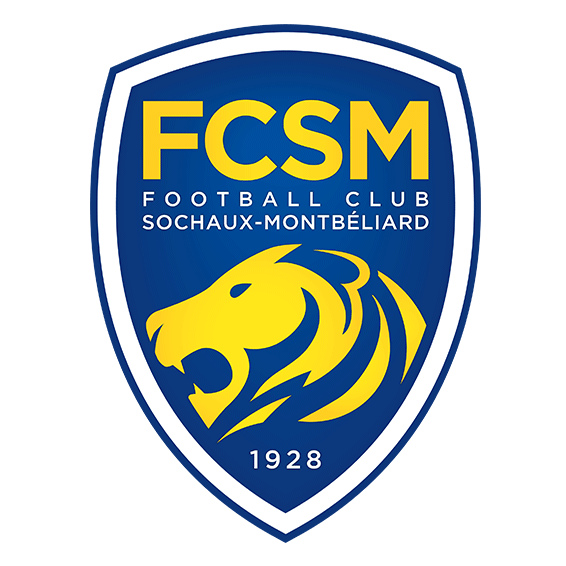
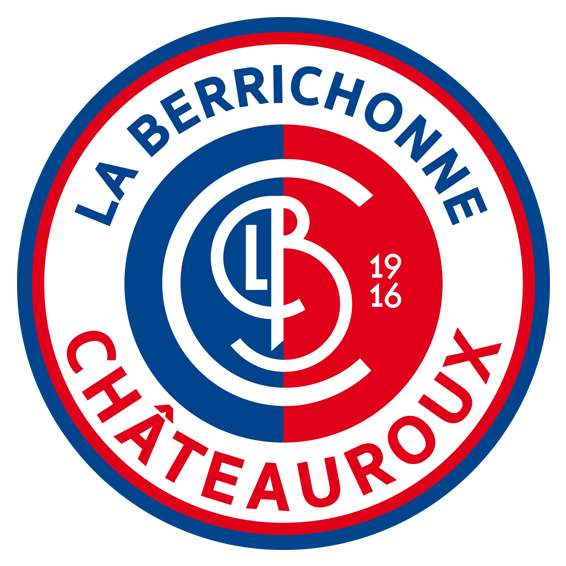

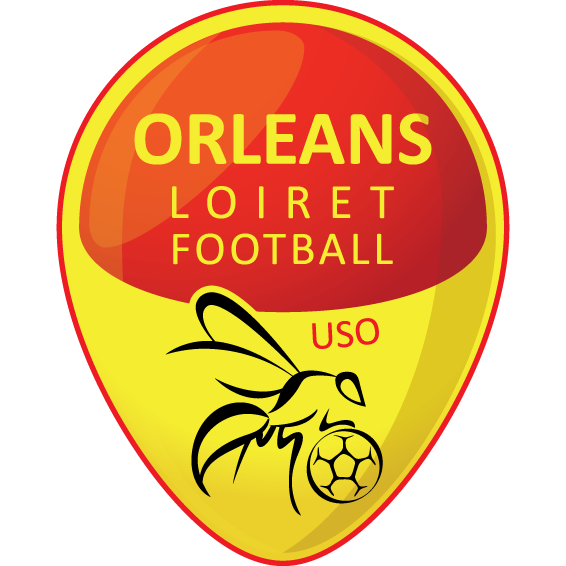

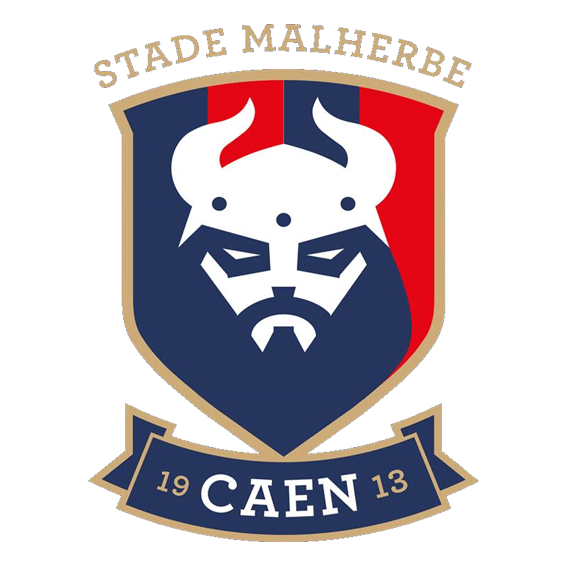
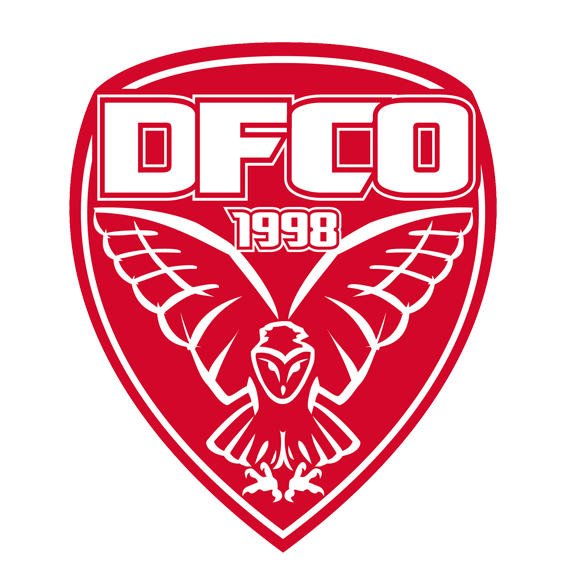
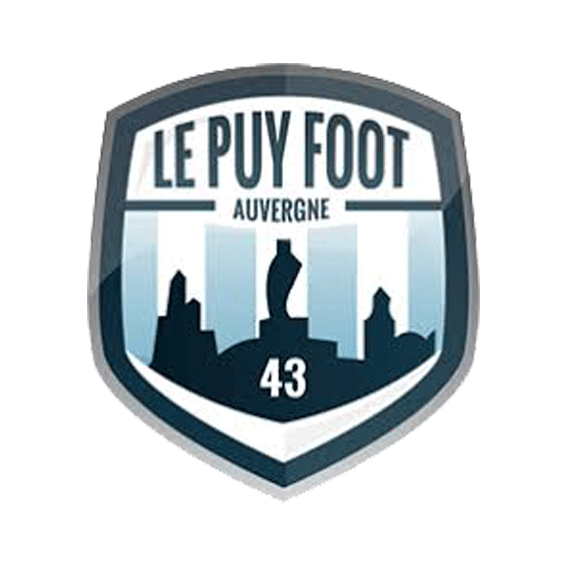
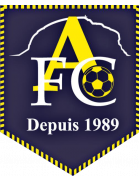
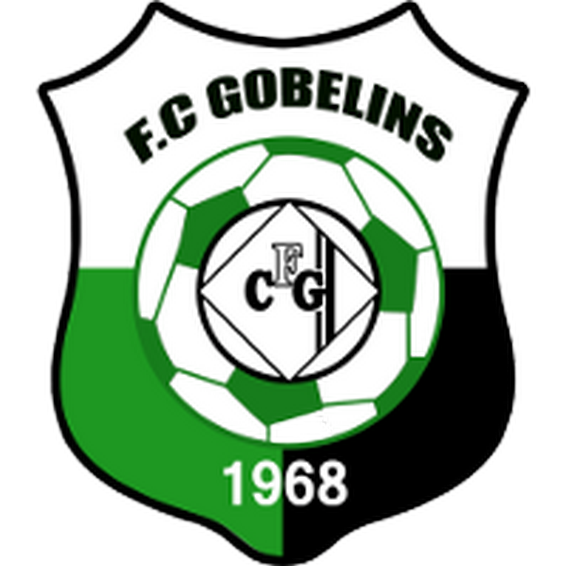




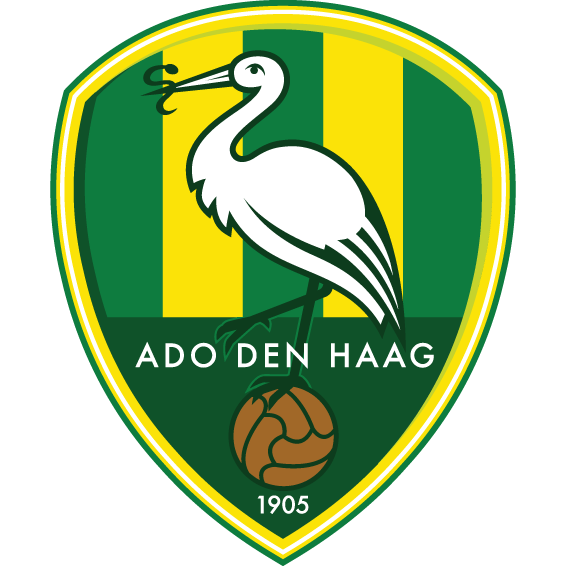


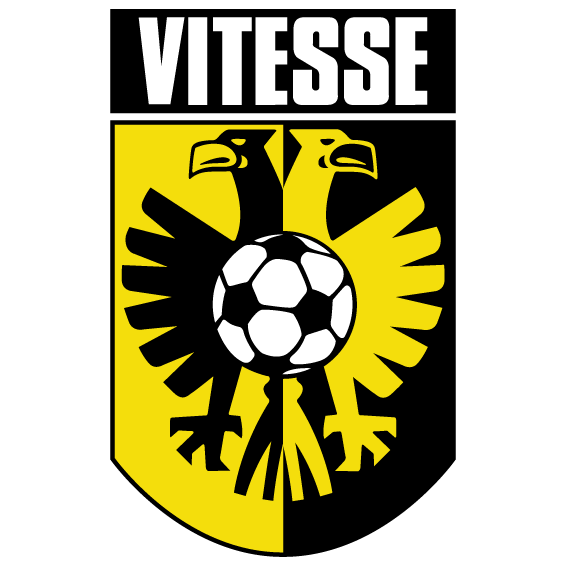

























There are no comments yet. Be the first to comment!